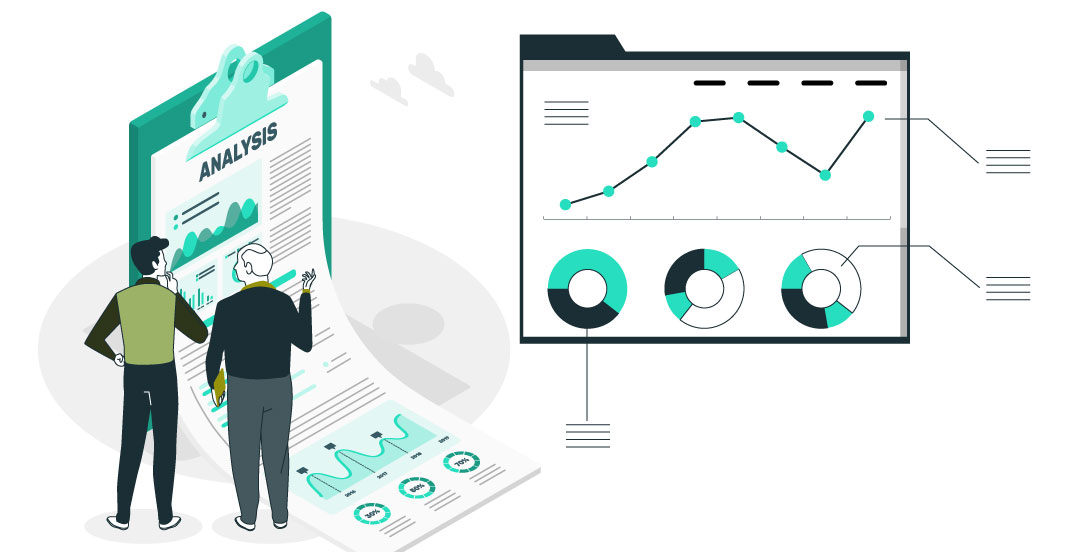A business analyst Noticiaslevante.com/ is a professional who bridges the gap between business and technology. They are responsible for understanding the business needs of an organization and translating those needs into technical requirements that can be implemented by developers. Business analysts also work with stakeholders to gather requirements, identify risks, and manage the project lifecycle.
What do Business Analysts Do?
The specific duties of a business analyst vary depending on the organization and the project, but some common tasks include:
- Gathering requirements: Business analysts work with stakeholders to understand the business needs of the project. This involves interviewing stakeholders, conducting surveys, and reviewing documentation.
- Defining requirements: Once the business needs have been gathered, the business analyst must define them in a way that is clear and concise. This may involve creating use cases, user stories, or other documentation.
- Translating requirements into technical specifications: The business analyst must then translate the defined requirements into technical specifications that can be implemented by developers. This involves understanding the technical capabilities of the organization and the technologies that will be used for the project.
- Managing the project lifecycle: Business analysts also play a key role in managing the project lifecycle. This includes tasks such as planning, scheduling, budgeting, and tracking progress.
- Identifying and managing risks: Business analysts must identify and manage risks to the project. This involves assessing the likelihood and impact of risks, and developing mitigation strategies.
- Communicating with stakeholders: Business analysts must effectively communicate with stakeholders throughout the project lifecycle. This includes keeping stakeholders informed of the project status, resolving issues, and obtaining approvals.
What Skills Do You Need to Be a Business Analyst?
To be a successful business analyst, you need a combination of hard and soft skills. Hard skills include:
- Analytical skills: Business analysts must be able to analyze complex information and identify patterns.
- Technical skills: Business analysts need to have a basic understanding of technology, including software development methodologies, programming languages, and databases.
- Communication skills: Business analysts must be able to communicate effectively with stakeholders, both verbally and in writing.
Soft skills that are important for Shahbapress.com/ business analysts include:
- Problem-solving skills: Business analysts need to be able to identify and solve problems.
- Critical thinking skills: Business analysts need to be able to think critically and make sound decisions.
- Interpersonal skills: Business analysts need to be able to work effectively with others, both within their own team and with stakeholders.
- Teamwork skills: Business analysts need to be able to work effectively as part of a team.
- Adaptability: Business analysts need to be able to adapt to change and be flexible in their thinking.
How to Become a Business Analyst
There are a few different ways to become a business analyst. One way is to get a bachelor’s degree in a quantitative field such as economics, finance, computer science, data science, statistics, information management, or a similar field. Another way is to get a certification in business analysis. There are a number of different certifications available, such as the Certified Business Analysis Professional (CBAP) certification from the International Institute of Business Analysis (IIBA).
Once you have the necessary education and/or certification, you can start looking for job openings in business analysis. You can find job openings online, in job boards, and in newspapers. You can also network with people in the business analysis field to find out about job openings.
The Future of Business Analysts
The demand for business analysts is expected to grow in the coming years. As businesses continue to adopt new technologies, they will need business analysts to help them understand the business needs and translate them into technical requirements. Business analysts will also be needed to help businesses manage risk and improve their decision-making processes.
If you are interested in a career in business analysis, now is a great time to get started. The demand for business analysts is growing, and the skills that business analysts need are in high demand. With the right education and experience, you can have a successful career as a business analyst.



